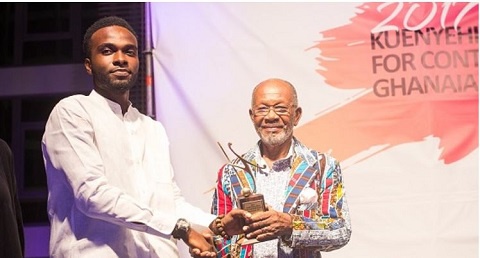
THE HAGUE - The judges of the International Criminal Court re-elected Canada?s Philippe Kirsch as president on Saturday for a new term of three years.
The ICC said in a statement Akua Kuenyehia of Ghana was re-elected as first vice-president and Judge Rene Blattmann of Bolivia was elected second vice-president.
Set up in 2002 as the world?s first permanent global war crimes court to try individuals, the ICC issued its first arrest warrants last year for five leaders of the Lord?s Resistance Army in Uganda, accused of stoking 19 years of conflict.
The court has launched investigations into war crimes in the Democratic Republic of Congo and the Darfur region of Sudan.
The ICC said last month it hoped suspects would be arrested this year so that its first trials could start. Kirsch said last year the court?s work was hampered by continuing conflict in the countries it was investigating, noting security threats to staff, victims and witnesses and the need for help in rounding up suspects. The United States is firmly opposed to the new court, fearing it will be abused for politically motivated cases against its troops and citizens. THE HAGUE - The judges of the International Criminal Court re-elected Canada?s Philippe Kirsch as president on Saturday for a new term of three years.
The ICC said in a statement Akua Kuenyehia of Ghana was re-elected as first vice-president and Judge Rene Blattmann of Bolivia was elected second vice-president.
Set up in 2002 as the world?s first permanent global war crimes court to try individuals, the ICC issued its first arrest warrants last year for five leaders of the Lord?s Resistance Army in Uganda, accused of stoking 19 years of conflict.
The court has launched investigations into war crimes in the Democratic Republic of Congo and the Darfur region of Sudan.
The ICC said last month it hoped suspects would be arrested this year so that its first trials could start. Kirsch said last year the court?s work was hampered by continuing conflict in the countries it was investigating, noting security threats to staff, victims and witnesses and the need for help in rounding up suspects. The United States is firmly opposed to the new court, fearing it will be abused for politically motivated cases against its troops and citizens.